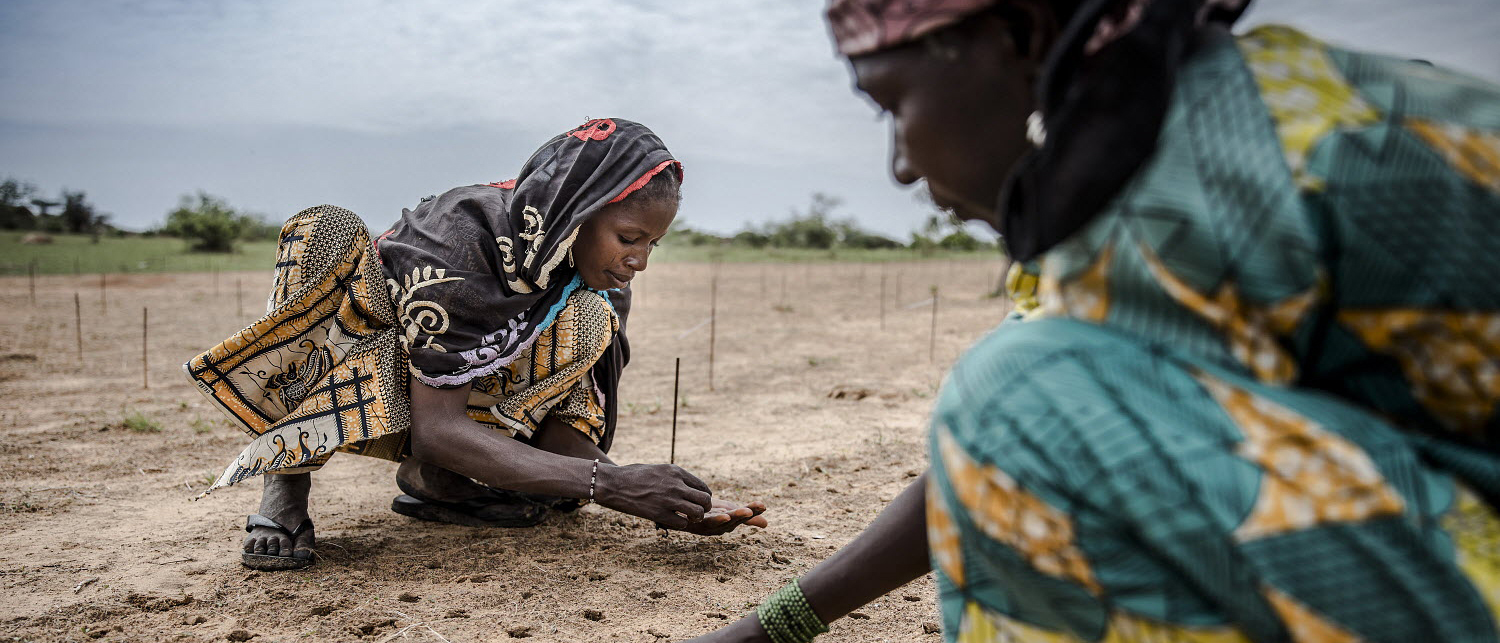Evaluation of FAO’s contribution to climate change adaptation and mitigation
Climate change threatens our ability to ensure global food security, eradicate poverty and achieve sustainable development. Greenhouse gas (GHG) emissions from human activity and livestock are a significant driver of climate change, trapping heat in the earth's atmosphere and triggering global warming.
Climate change has both direct and indirect effects on agricultural productivity including changing rainfall patterns, drought, flooding and the geographical redistribution of pests and diseases. The vast amounts of CO₂ absorbed by the oceans causes acidification, influencing the health of our oceans and those whose livelihoods and nutrition depend on them. FAO is supporting countries to both mitigate and adapt to the effects of climate change through a wide range of research based and practical programmes and projects, as an integral part of the 2030 agenda and the Sustainable Development Goals.

